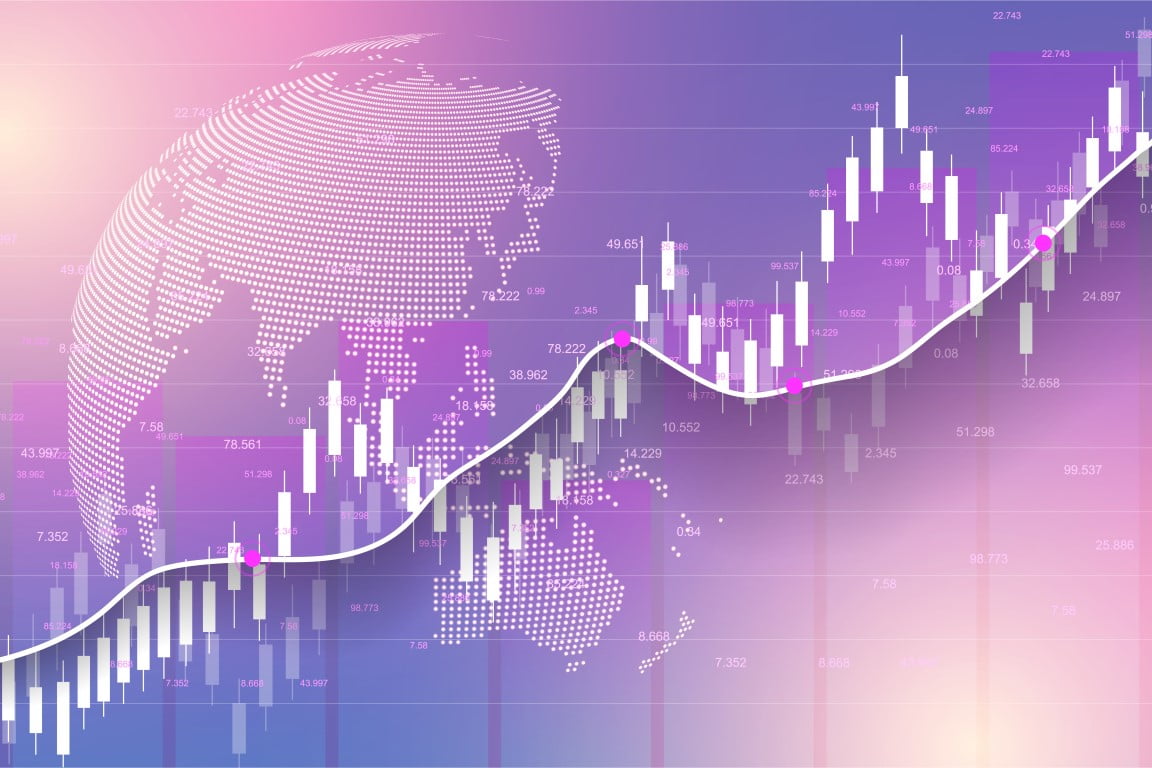The cost of Brent crude oil has surged by 10% to its highest level since 2008 after the United States said a boycott of Russian crude imports was being considered as a further sanction following president Putin’s invasion of Ukraine.
The international oil benchmark passed $130 a barrel early on Monday – with its US counterpart also rising sharply.
The upwards shifts followed comments by US secretary of state Antony Blinken that his country and European allies were discussing a block on oil from Russia – the world’s third-largest producer with volumes above 11 billion barrels per year.
Ukraine invasion: Live updates
Such a move would be aimed at disrupting crucial state income – on top of wide-ranging sanctions already announced to date amid no sign that measures to date have forced Russia to alter course.
The development was also tipped to place further pressure on European natural gas prices when markets opened while IG Index forecast that the FTSE 100 would open 2% lower, building on steep losses seen last week.
The Nikkei in Japan and Hang Seng in Hong Kong were both down by 3%.
Ukraine invasion: Netflix, American Express and TikTok cut services in Russia
Accountancy giant PwC to exit Russia as multinational exodus grows
Caretech founders plot bid to take social care group private
No end in sight to rising oil prices
Brent crude has risen by almost 70% over the course of 2022 to date – forcing steep increases in obvious areas such as fuel costs but also in the wider economy as the inflation filters through supply chains.
Prices had already been rising in advance of Russia’s actions because of tight supply as economies recover from coronavirus fatigue.
Market experts warned there was only upwards pressure on costs ahead.
Analysts at CMC Markets told investors: “A boycott would put enormous pressure on oil and gas supply that has already felt the impact of increasing demand.
“Prices are likely to rise in the short term, with a move toward $150 a barrel not out of the question.
“Such a move will put further pressure on global economies, pushing inflation higher, leaving central banks debating how quickly rate hikes should be implemented,” they concluded.
The record price for Brent – set in July 2008 – is $147.50 a barrel.
The Iran factor supporting prices
Delays in the potential return of Iranian crude to global markets also fuelled fears over tight supplies.
That was because talks to revive Tehran’s 2015 nuclear deal with world powers were mired by demands from Russia that sanctions it is facing over Ukraine do not disrupt Russia-Iran trade.






